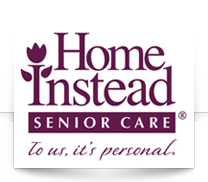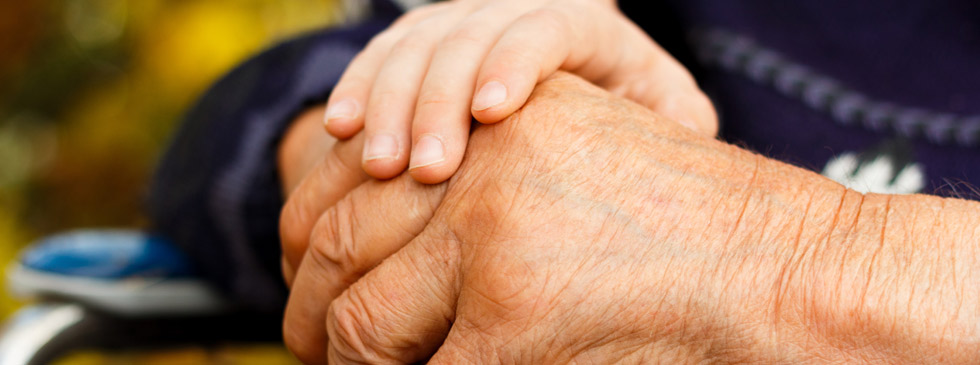The Truth about Hospice: Myth No. 1
In a nutshell, hospice is not always the last resort for the dying, and neither hastens nor postpones death. Instead, this concept of care affirms life and faces dying as a normal part of living. Its a holistic approach for families that creates a unique care plan with the individual and family caregiver at the center of attention.
Hospice not only provides an individual with medical care, pain management, and emotional and spiritual support, but offers support for the family caregiver – who serves as the primary caregiver – throughout his or her loved one’s illness and typically for at least a year following that individual’s death.
Hospice care focuses on helping to improve the quality of life and helps an individual live with dignity during the time that is left. Its goal is to help people complete life’s journey with comfort, dignity and companionship. Symptom management is a major focus of hospice care. Relief and comfort are the goals when there is no definitive cure for the illness.
Statistics show that 80 percent of hospice care is provided in the patient’s home, family member’s home and in nursing homes. Inpatient hospice facilities are also sometimes available to assist with caregiving.
Even though the family caregiver is typically the main hospice provider; a team of professionals – led by a physician – work together to provide the best possible care and meet the needs of the patient and family.
In conjunction with hospice, you may hear the term palliative care. Some may use this care term interchangeably with hospice. However, hospice care and palliative care are not the same.
PALLIATIVE CARE
Palliative care can best be described as pain relieving or comfort care. People of any age can receive palliative care for serious illness whether it’s life-threatening, a chronic condition or a life-limiting illness. The goal of palliative care is to help improve symptoms, and relieve pain and stress from these conditions.
Palliative care aims to provide relief from pain, shortness of breath, nausea and other distressing symptoms. This care can be applied early in the course of illness, with other therapies that are intended to prolong life, such as chemotherapy or radiation therapy.
Palliative care can start at the diagnosis, and occur in addition to and simultaneously with care designed to cure or prolong life. Palliative care is primarily private pay and may be difficult to access in many areas or hospital settings. All hospice care is palliative, but not all palliative care is hospice care. The major difference between the two types of care is the prognosis of the illness and the goals of the person receiving the care.
THE DIFFERENCE BETWEEN PALLIATIVE CARE AND HOSPICE CARE
Mary’s 80-year-old mother, Fran, hadn’t been feeling well for weeks. A trip to her family doctor and a series of tests pointed to an infected gallbladder. However, when doctors performed surgery to remove the gallbladder; they made another discovery. Surgeons found widespread cancer, and removed as much as they could. After surgery they gave Fran and her family the bad news. Understandably, Fran wanted to do everything to try to cure the cancer. At this point in her care, Fran’s goal was a cure. So Fran’s doctors needed to strike a balance between comfort and steps to help achieve a cure (hospitalizations, tests, office visits and interventions such as chemotherapy, radiation and surgery). This approach is considered “curative” and “palliative.”
Four months later, Fran’s medical team concluded that further intervention had little to no chance of curing her cancer. Fran had reached a “tipping point” where the burdens of the approach outweighed any benefits. At this point, it made sense to Fran and her family to change their focus from the cure approach entirely to comfort, maximizing the quality and well-being of her remaining time. She was now ready to embrace the hospice philosophy.

